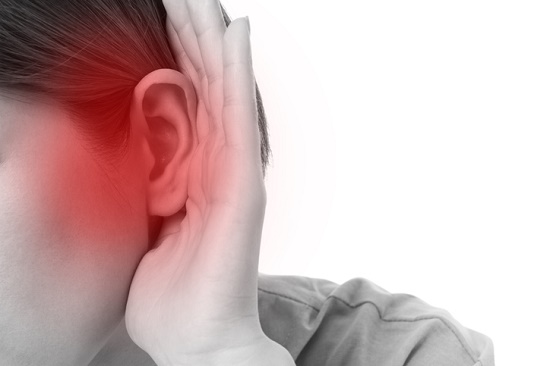
Hearing loss is exclusively an issue for older people, right?
Not quite. While it’s true that your chances of acquiring hearing loss increase with age, you can, in truth, develop hearing loss at any age.
As stated by the NIDCD, 26 million Americans age 20 to 69 have high-frequency hearing loss from direct exposure to loud sound at work and during leisure activities. And that includes 1 in 14 generation Xers, age 29-40, who already have hearing loss.
Provided that hearing loss can strike at any age, it’s crucial to understand the signs as they’re often subtle and difficult to perceive.
The following are 8 silent signs of hearing loss that should prompt you to arrange a hearing test.
1. Ringing in the ears
Have you ever come home from a loud live concert and observed a ringing or buzzing in your ears?
If so, that means you’ve injured the nerve cells of hearing in your inner ear. If it’s only come about a couple of times, the damage is most likely short-term and slight. However, continual exposure or one-time direct exposure to very loud sounds could create irreparable damage and hearing loss.
If the ringing in your ears persists, you should schedule a hearing test as this is one of the initial signs of hearing damage. And if skipping upcoming concerts is not an option for you, your hearing professional can help you avoid further injury with personalized earplugs.
2. Balance issues
Your hearing and balance are intricately connected. In fact, a large component of your ability to remain balanced is a consequence of elaborate structures within the inner ear.
If you find that you’ve been more clumsy lately, the problem may in fact be with your ears. In fact, a study by Johns Hopkins University determined that those with hearing loss were three times more likely to have a history of falling.
3. Memory problems
Your short-term or working memory is very limited, able to handle only a few items for a short time period. That indicates that you don’t have time to catch up on missed words during fast moving conversations.
With hearing loss, speech comprehension is compromised as you can completely miss or misconstrue the speaker’s words or statement. This manifests later when you can’t remember important information.
4. Painful sounds
With hearing loss, you may become exceedingly sensitive to certain sounds, to the point where they cause pain or discomfort.
The medical term for this is hyperacusis, and you’ll want to consult with a hearing professional if the issue continues or becomes intolerable.
5. Listening exhaustion
Just imagine spending the day attempting to determine meaning from half-heard words and phrases and responding to questions you didn’t completely hear. That degree of attention can wear you out fast.
If you discover that you’re extremely exhausted at the end of the day, hearing loss may be to blame.
6. Difficulty hearing in groups
Early stage hearing loss usually doesn’t present itself during one-on-one conversations or in quiet environments. Most often, hearing loss only becomes an issue in the presence of background noise or in group situations.
7. Not hearing alarms or calls
Hearing loss is usually hard to notice or detect as it builds up progressively each year. In many cases, friends and family members will notice the hearing loss prior to the person suffering from it does.
But there are some warning signs you can look out for, such as the inability to hear alarms or phone calls, the doorbell, or the TV at normal volume.
8. Difficulty hearing movie dialogue
With hearing loss, you may have particular problems hearing the conversations in shows and movies. That’s because the majority of instances of hearing loss affect high-frequency sounds to the greatest degree, and speech is a high-frequency sound.
It’s never too early to care for your hearing health. If you encounter any of these signs or symptoms, arrange an appointment with your local hearing professional.
